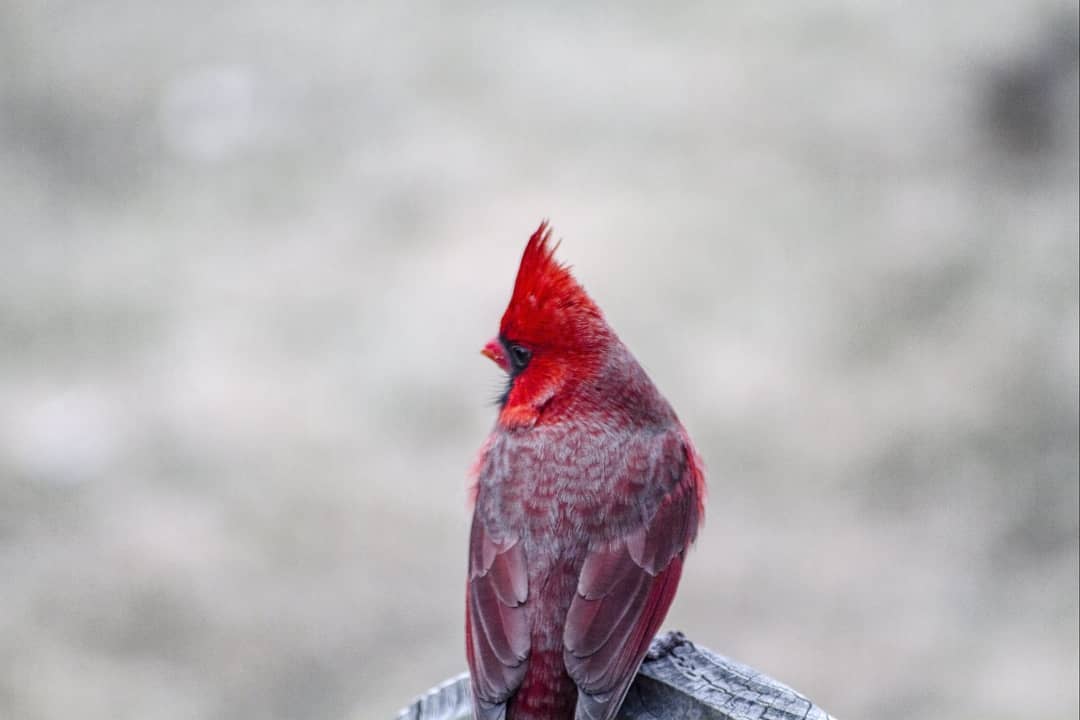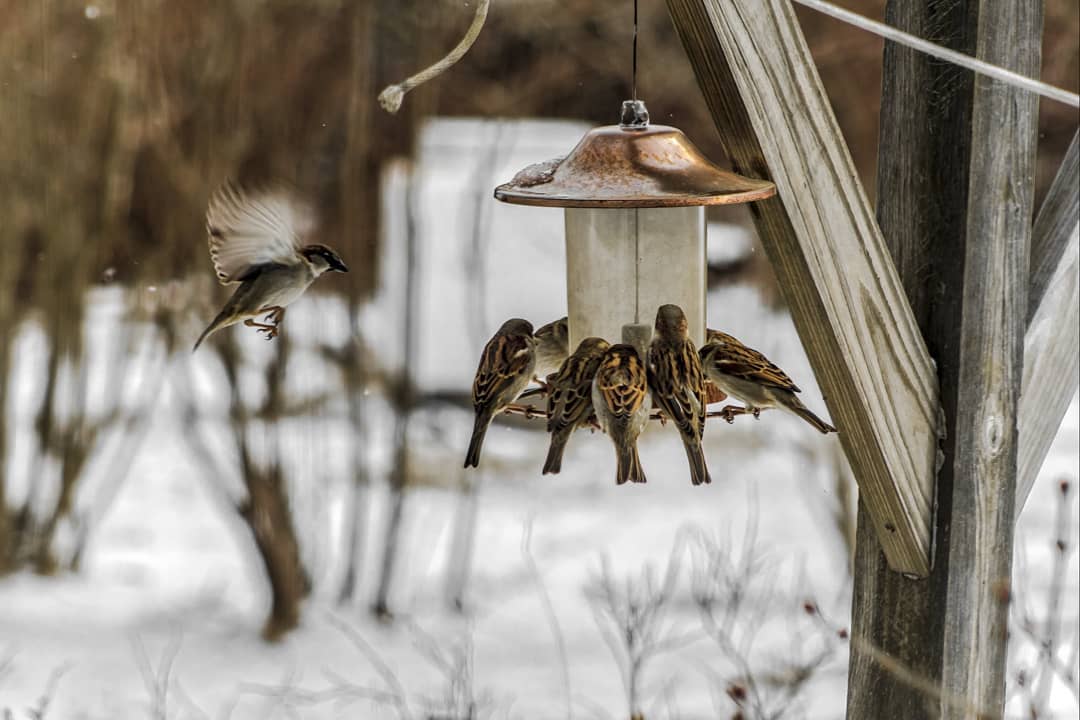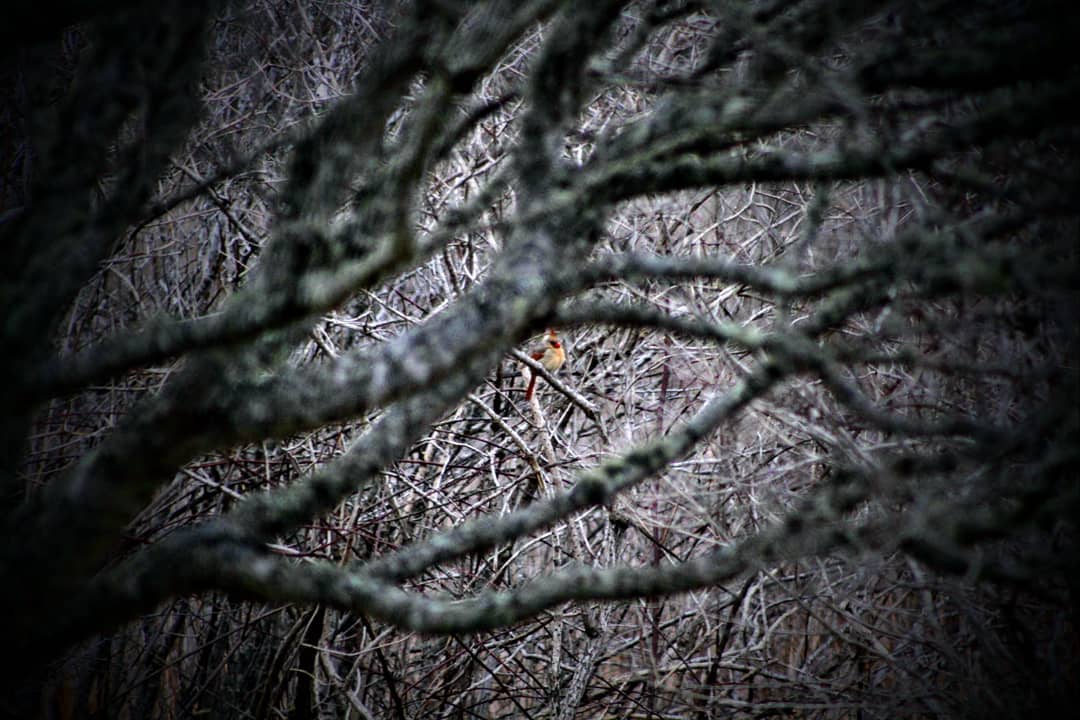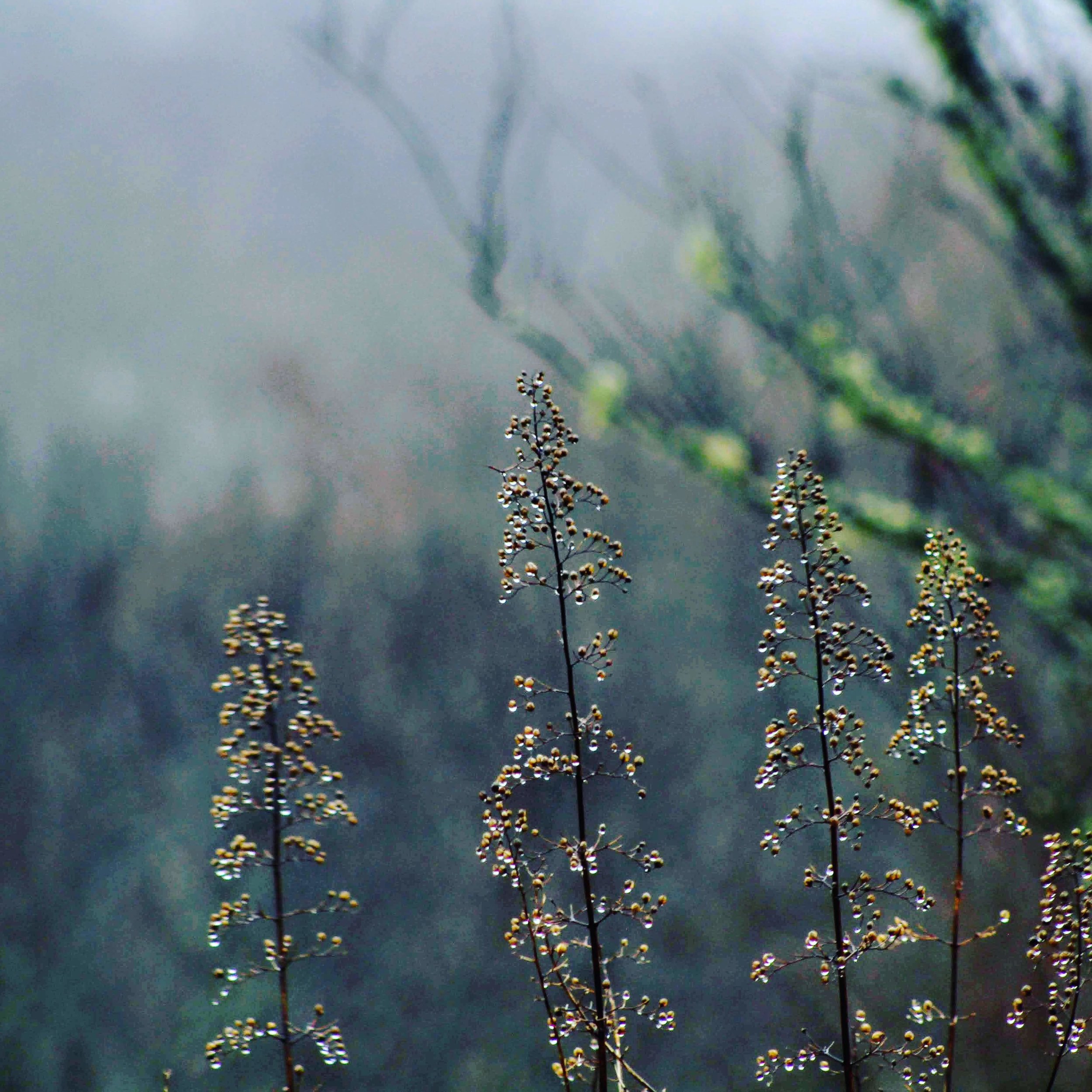Snow then rain, then snow. Then rain. And finally, snow again. Just as I was marking the days on my calendar when the ground might be workable again. Pliable enough for peas and spinach to get started. Next week isn’t looking as promising as I stare out the window at the swirling snow and the bright-red shock of Cardinals against the snow.
Nantucket, the natural Nantucket, wears its heart on its sleeves. It never pretends and there are few surprises. In fact an astounding rhythm - subtle, predictable - despite all the change happening within its confines. We have the longest winter and shortest Spring I have ever experienced. May is the month that most feels like winter. June is often unrelentingly un-summer like. July and August are grey and rainy approximately every five years. September is always brilliant.
And this is what one does in March on Nantucket - dream of other months and other places. Watch the winter winds swirl all things, not just snow. We watch the birds and the waves. The raindrops clinging to dead-stalks of plants as the stalks get whipped by the wind. We watch the lichen and the winter sun. We already looked for signs of Spring last month and thought we saw them. Only to remember, May is still months away.
My favorite battle to watch this winter was the battle between the raindrops clinging to the figwort and the wild winds we had for several days. Ferries were down, the island was quiet and the raindrops, against all odds, clung to the figwort until the very end when the sun came out.
An evolutionary survival mechanism perhaps? Drought-tolerance? The figwort has been a stoic survivor on the patch where I seeded the pollinator mix, of which it was only tiny percentage. It survived the horrible soil, the total lack of irrigation and even the chickens rooting through eating everything in sight. And it didn’t just survive - it thrived. It grew to a glorious 8’ tall.
Figwort has not been seen in the wild on Nantucket since the 1930s. This lone Figwort won’t count towards that since I sowed the seeds myself. I do wonder what caused it to disappear. It has survived in hostile conditions here in my garden from the chicken to the deer, the drought to the sandy subsoil I planted them on. What could have possibly killed them off?
I won’t pretend there were not several moments this week where I wish I was somewhere warm and wavy and sunny and sandy. I saw all those beautiful photos of beaches and waterfalls and jungle bungalows.
The farthest I went this week was Center Street for a beautiful dinner.
And what I DID get to do this week was enjoy #thelittlethings. The quiet things, the peaceful things, the still things. The way island life plays out when there is no one about. And though it wasn’t tropical it was stunningly and starkly beautiful. Like the epic standoff outside my window: The wind vs the Figwort. Those raindrops clung to the Figwort for days. Little disco balls of light and water, brightening up the glum and blustery winter landscape. It also got me thinking about Spring and about last Fall and thinking about how those raindrops are proof of at least one more reason to leave things up in the garden for winter: winter magic. The other reasons? For the birds and the bees - they are providing cover for the soil, cover for the birds, seeds for the birds, places for invertebrates to nest. So. Many. Good. Things.
.
.
#designfornature #naturalgarden #gardenevolution #birdsandbees #pollinators #gardenlikeyoucare #resilience #goodsoil #plantnatives #nantucket #nantucketwinter






